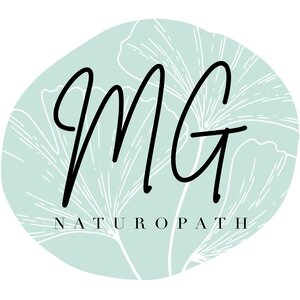Go back and read part one of this blog series if you haven’t yet!
Fermenting food is like pre-digesting it for our gut. When we eat it, it is super easy to breakdown and our tummy has less work to do. This increases the bio-availability of the nutrients in the food and allows us to better absorb all of the vitamins and minerals.
In the first blog, I shared my favourite ferments and why they are so good for you. You can find more information about these and how to make them in my latest book, From Peasants Food To Superfoods.
Here are some more of my faves:
Cultured Carrot
Carrot is a superfood. You only have to look at its vibrant colour to know that it is good for you. Food has an innate ability to attract us when it is good for us, and disgust us when it is bad. If we are in balance we can see, smell and feel Mother Nature's message through the food that has been given to us. This is certainly becoming harder as more food is processed and packaged and its origins and nature are more difficult to decipher.
The average garden carrot should not be underestimated, but we can power it even more by fermenting it. Cultured vegetables are some of the most potent and ultimate superfoods. By culturing the carrot, it allows the gut to absorb more nutrients including all of the minerals and B vitamins. Carrot is also one of the best ferments to start the kids on as it is sweet and colourful.
Cultured Beets
Beetroot is one of my favourite foods to use as it holds so many health benefits. The thing about beetroot, and most foods, is that once you heat or cook the vegetable, it changes the medicinal properties. Many people cook up a big garlic based meal when they have a cold or flu, not realising that heating the garlic will destroy many of its natural antimicrobial benefits. So, I am always looking for ways to enjoy the deep, earthy taste of raw beetroot. Culturing them is a great way to add softness whilst still maintaining, and in fact supercharging, the beetroot benefits.
Kefir Water
Kefir is a bacterial yeast culture that converts sugar into fructose and imparts incredible probiotic goodness into the water you keep it in. It is loaded with valuable enzymes, easily digestible sugars, beneficial acids, vitamins and minerals. It is a nice option if you are trying to avoid the caffeine present in kombucha, but still seeking a probiotic drink.
Kombucha
Kombucha has been around for centuries with cultures shared throughout communities. The major difference between it and kefir water is that kombucha uses tea and a SCOBY, while kefir uses water and grains. Unlike kefir, kombucha is aerobic, meaning it likes oxygen during its ferment. Both are full of vitamins, antioxidants, enzymes and good bacteria, so are great for our gut.
Pickling Brine
Pickling food is an ancient way of preserving it, eradicating bad bacteria while isolating good bacteria and increasing bio-availability of the food. All of this adds to the health benefits of eating pickled food. The pickle itself will develop a different taste and texture to its fresh counterpart, adding to the diversity of your plate and palate. It is super easy to pickle most fruit and veg and you can play with the flavours by adding herbs and spices as well.
Join us in the next blog to find out what the rest of my fave ferments are and why you should learn to love them too!

